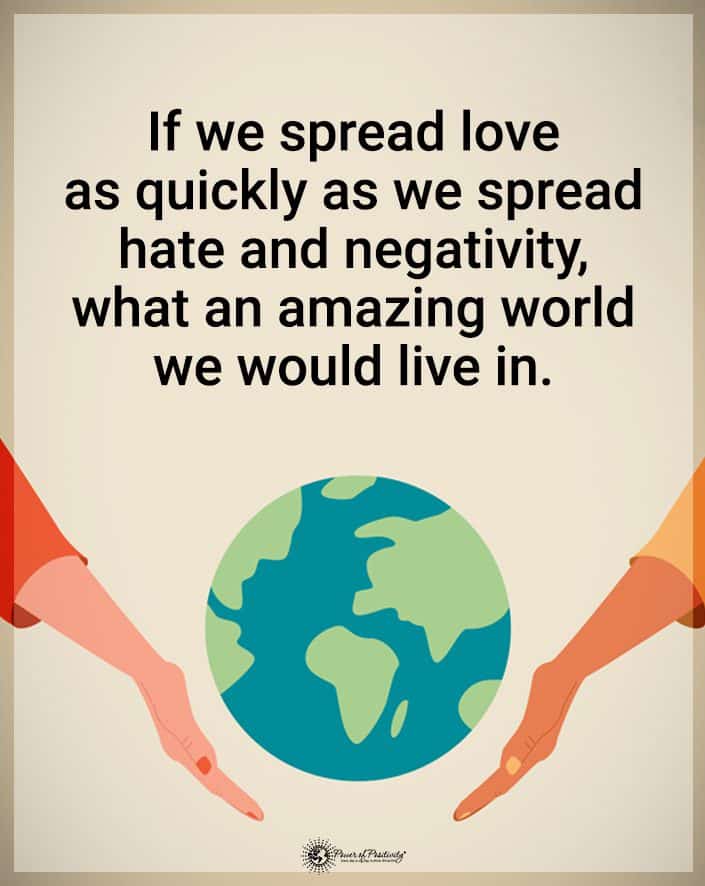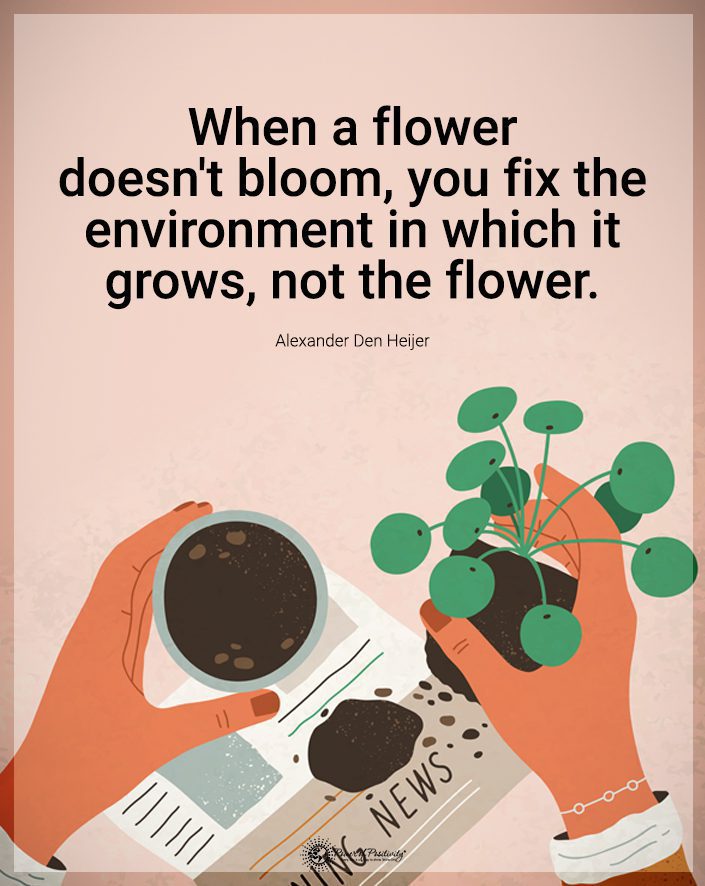Unconscious bias is an unavoidable part of existing in a world filled with moving pieces and lengthy histories that make their mark on today. To deny that you can be biased is to deny the truth. Everyone is affected, to some degree, by bias. People are judgmental by default. Believing that you are completely capable of total equality without pausing to consider and unlearn bias first is a doomed affair!
Many people deny the existence of their own unconscious bias because they are ashamed or afraid of what that bias says about them. But the fact is that these hidden forms of judgment are not a reflection of your character unless you agree with those thoughts. Unconscious bias comes from external factors – the media you watch, how you live, and how society treats you and those around you.
There are many forms of unconscious bias. Some of them can be helpful. For example, if you’ve seen enough cartoons about bees swarming people who disturb their hives, you instinctively steer clear of any hives. But most unconscious biases are negative, unhelpful, and even wholly untrue! And then, these wrong things proceed to dictate your life.
Unconscious bias roots itself deep down in your mind, and it takes a lot of work to confront and uproot those concepts. But if not removed, these issues can significantly harm your life and slowly seep into your interactions with others, altering your ideals, values, and the way you see the world. And all of this happens because of things you aren’t even consciously aware of!
1 – You Jump To Conclusions Due to Unconscious Bias

The human brain innately can only consciously process forty bits of information each second. This sounds like a lot, but did you know that the brain still processes unconscious information during that process? Indeed, research shows we unconsciously process a shocking eleven million informational pieces each second! This is why we jump to conclusions – we feel the need to create mental shortcuts to speed up our processing.
This wouldn’t be a problem if we could always trust our unconscious processing as objective and factual. Unfortunately, that’s not the case. As previously mentioned, your implicit bias is inaccurate and can often include beliefs that your conscious self abhors.
As such, the conclusions you jump to as a result of unconscious bias are inaccurate. After all, jumping to conclusions is expertly recognized as a form of cognitive distortion. This means that it is an inherently irrational pattern of thought. Here are some ways that jumping to conclusions can hold you back:
Being Judgmental
You make quick, snap judgments about the people around you and miss out on unique and valuable connections. This judgmental way of thinking can also make you uncomfortable to be around, costing you your career and social life.
Labeling
Instead of understanding nuance, complex situations, and critical thought, you opt to label people, things, and events without thinking. You lose opportunities to learn more from these nuanced situations and gain new perspectives and understanding. And it certainly doesn’t help that you’re sure to label yourself, which limits your success and keeps you trapped in a box of your own making!
“Mind-Reading”
Of course, no one can read minds, but many people perform the cognitively dissonant process of “mind-reading.” This involves making assumptions about how others think or why they behave a certain way instead of communicating to clear the air. These assumptions cost you your professional and personal relationships at some point and can even become a mental prison. For example, if you think, “I have a stutter, and no one respects people with a stutter,” you might opt out of participating in big projects at work or be too afraid to take risks.
Fortune Telling
This is one of the most harmful things to hold you back in your life. Like with “mind-reading,” sure, you’re not fortune telling with any accuracy. Instead, you’re jumping to conclusions about how an event or situation will turn out. You choose not to audition for a role because you’ve already decided that you will probably not get in. You don’t try for a promotion because you think everyone else has a better chance of winning. Ultimately, all you do is kill your prospects before they’ve even begun. No wonder this judgmental behavior holds you back!
Confirmation Bias
This bias refers to the innate tendency to seek out and interpret information so that it confirms your current views. This ends up forming a never-ending cycle where your unconscious bias creates conscious bias, further reinforcing your unconscious beliefs. It takes a lot of effort to break the process; if you don’t, it only gets stronger throughout your life.
At its core, this causes you to become close-minded. Gone are your opportunities to learn from others, seek new ideas, and broaden your horizons. You’ve already jumped to conclusions about most things, so you don’t think there’s anything else to learn!
2 – You Live A Life Governed By Emotions Instead Of Facts
Unconscious bias may be a process in your brain, but it’s emotional, not logical. You’re basing your thoughts and actions on half-baked, unproven, and ultimately untrue ideas, and you refuse to leave the comfort zone of those thoughts because of their emotional importance.
Maybe you’re afraid of thinking of other, more complex perspectives. Perhaps you’re uncomfortable with the idea of confronting your biases. Either way, this is an emotional view, not a perspective ruled by facts or rationality.
Emotions are healthy and normal, and there’s nothing shameful or wrong about having emotional thought processes. However, to manage these feelings, you have to sit with them, process them, and then question them to see what isn’t accurate to the situation. One might easily ignore this with their unconscious bias since jumping to conclusions is easy to do when it comes to emotional circumstances.
When you view things through the lens of your emotions, being judgmental holds you back in the following ways:
- Appeals easily manipulate you to emotion and people pushing your buttons.
- You’re unable to confront hard truths and are therefore unable to process reality and move forward to face that reality.
- You have a lot of unprocessed emotions and trauma, which can lead to increased negativity and severe resentment.
- You lose the ability for intelligent thought because you see most things in black or white and stick to binary extremes.
3 – You’re Unable To Detect Unconscious Bias In Others
As you’ve likely already gathered, unconscious bias affects everyone. But not everyone is interested in unlearning those biases or using more profound, critical thought to overcome their prejudices. Some insist they have no biases or decide that their unconscious biases are innately correct, shifting them into conscious bias.
When you interact with the people around you, you cannot know how much work they’ve done to unlearn or manage their own biases. The way they treat you could be rooted in numerous forms of intolerance. If you don’t realize that they’re letting this irrationality dictate how they perceive you, you could be caught up trying to fix things about yourself to reach their expectations without realizing that it’s a non-starter. You might also lose self-esteem in the process.
Worse still are the biases that could make or break significant moments in your life. Even those with expertise in their field are subject to their preference, and you need to know when to listen to someone, stand up and advocate for yourself, and seek other opinions from the less biased.
You may not realize it, but implicit bias is deeply steeped in our world and culture. If you don’t acknowledge your preferences, you likely won’t know how other people’s biases affect you. Typical forms of unconscious bias that can be dangerous include:
Medical Bias
Some studies have gone far into detail about the existing unconscious bias that pollutes much of the medical world. Doctors and similar medical professionals may deny treatment or downplay the issues of women, people of color, and overweight individuals. These forms of implicit bias are systemic, so you must notice when you’re a victim of it so you can advocate for yourself and seek second medical opinions.
Racial Preference (Maybe The Best-known Unconscious Bias)
This controversial topic is, sadly, very well-studied. Research shows that employers are judgmental and more likely to prefer white-sounding names to names of other ethnicities when seeing equally qualified resumes. It’s pretty easy to see how racism can hold you back in life, so the harmful effects of this go somewhat without saying.
The Halo Effect (A Sneaky Way of Being Judgmental)
The halo effect is a psychological phenomenon whereby you are more likely to see positive things about someone or something you already have a positive impression of. At first glance, this doesn’t seem dangerous, but research says otherwise. But that means you’re more likely to trust someone you find attractive and less likely to question the intentions of someone who has impressed you in another way. This makes you easier to take advantage of, and you can be completely blindsided and unable to view your relationships objectively.
Final Thoughts on Some Ways Unconscious Bias Holds You Back
Unconscious bias is a serious personal issue, but it’s also a severe issue in the larger society. These innate judgments of other people and various situations can and have led to widespread systemic problems, and it can all be a lot to take in and process.
For something so prevalent, it’s certainly unfortunate that it can so easily hold you back. By understanding the effects of this implicit bias and how it affects your life, you can learn to manage, overcome, and rise above the bias that you’ve internalized. There’s always an opportunity to learn and improve, so don’t be hard on yourself for your preferences. What you choose to do about those judgmental ways of thinking defines who you are!




















